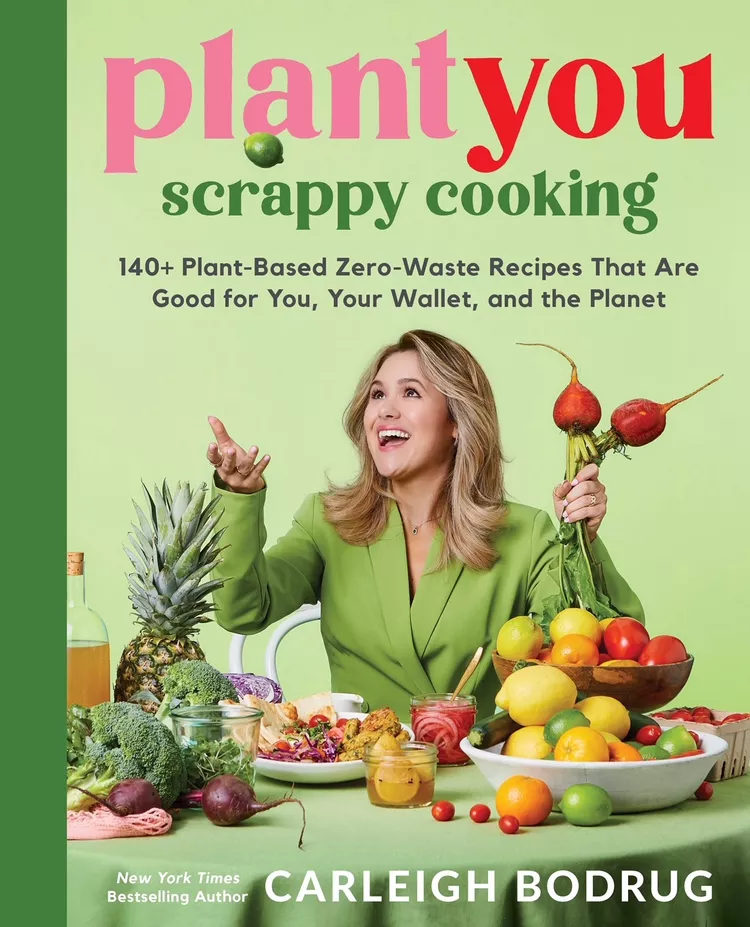
In a world increasingly aware of environmental challenges, Carleigh Bodrug, the founder of PlantYou, stands out as a proponent of sustainable eating. Through her platform, she shares innovative ways to reduce food waste, emphasizing the value of often-overlooked vegetable scraps.
The Environmental Impact of Food Waste
Bodrug’s journey towards a plant-based lifestyle was significantly influenced by environmental concerns. A pivotal moment occurred when she learned that 30% to 40% of the U.S. food supply ends up in landfills. This statistic was particularly alarming when she realized that decomposing food waste emits methane gas, a potent greenhouse gas contributing to global warming. In fact, food waste generates more emissions than the entire airline industry, underscoring the urgent need for more sustainable food practices.
The Underrated Vegetable Scrap: Potato Skins
Among the various vegetable scraps, Bodrug highlights potato skins as a particularly valuable yet underutilized resource. Often discarded, potato skins are rich in nutrients and can be transformed into delicious dishes. By repurposing these skins, individuals can reduce waste and enjoy a nutritious addition to their meals.
Practical Tips for Utilizing Vegetable Scraps
Bodrug offers several practical suggestions for incorporating vegetable scraps into everyday cooking:
Potato Skin Chips: After thoroughly cleaning the skins, toss them with olive oil and your favorite seasonings. Bake until crispy for a healthy snack alternative.
Broccoli Stalk Soup: Instead of discarding broccoli stems, blend them into a creamy soup base, adding flavor and reducing waste.
Carrot Top Pesto: The leafy greens atop carrots can be blended with nuts, garlic, and olive oil to create a vibrant pesto sauce.
Onion Peel Broth: Collect onion skins and simmer them to make a flavorful vegetable broth, perfect for soups and risottos.
By creatively repurposing these scraps, individuals can enhance their meals while contributing to environmental sustainability.
The Broader Impact of Sustainable Eating
Adopting practices that minimize food waste extends beyond individual benefits. As Bodrug points out, reducing food waste not only conserves resources but also mitigates the environmental impact associated with food production and disposal. By making conscious choices, consumers can play a pivotal role in fostering a more sustainable food system.
Conclusion
Carleigh Bodrug’s insights encourage a shift in perspective towards the value of vegetable scraps. By embracing these often-overlooked parts of our food, individuals can contribute to a more sustainable and resource-efficient food system. Through education and practical tips, Bodrug empowers others to make informed choices that benefit both their health and the planet.
